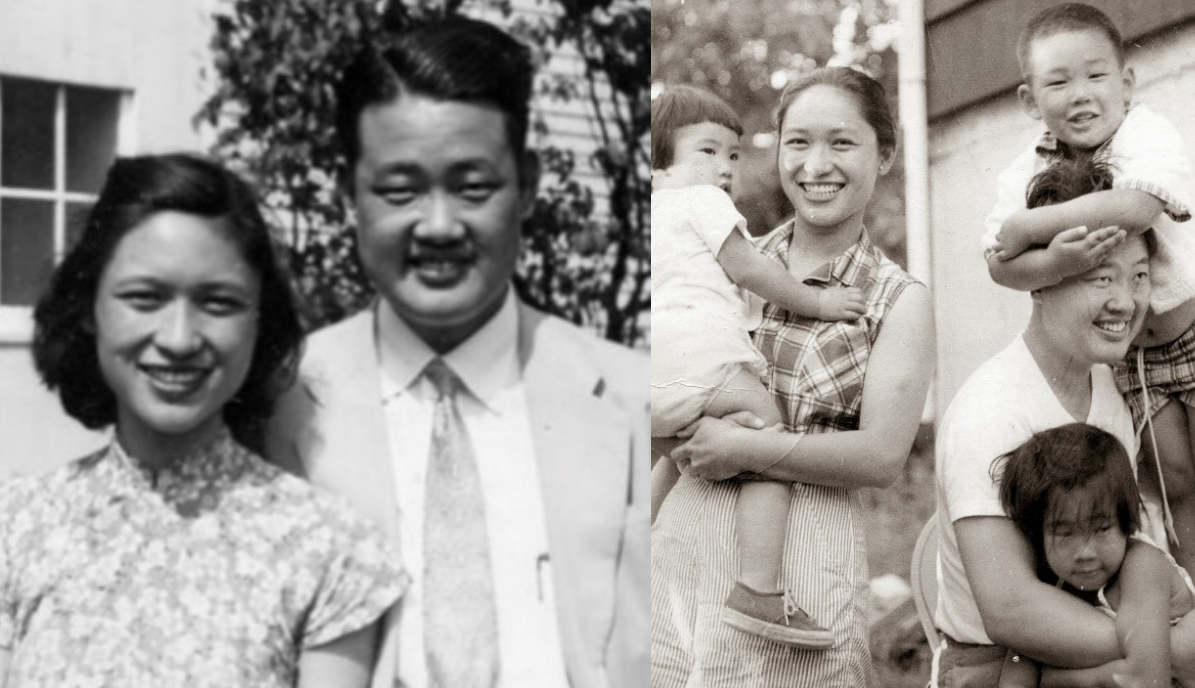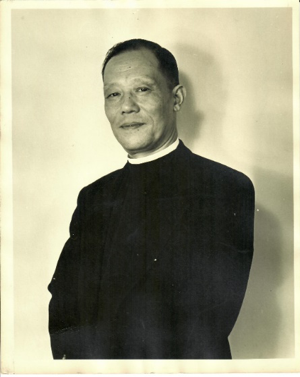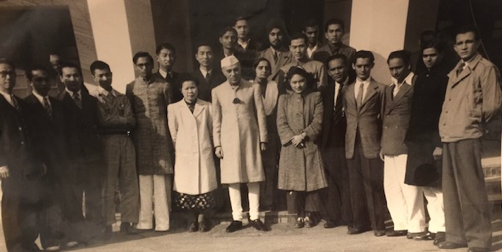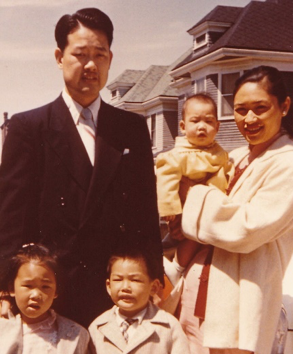
The United Board pays tribute to Dr. Robert Yuan and Dr. Grace Yuan
The late Drs. Robert and Grace Yuan cared deeply about the gift of education and giving back to Asian higher education, supporting the United Board and acting as integral members of their alumni communities for many decades.
Their support of education was the product of parallel upbringings in China, where both were born to Christian families with ancestors high up in the Anglican Church, and where both excelled in their studies at higher education institutions within the United Board network. Their lives would converge in America, where their Christian faith and desire to contribute to the betterment of the world would lead to them becoming prominent leaders of the Chinese-American and medical communities in the Greater Boston area.
A shared Christian faith and excellence in academics

Robert Yuan was born on March 4, 1922, in what is now Ningbo, China, as the youngest of eight children. Both his mother, who passed away when he was one, and his stepmother, who later gave birth to his beloved half-brother, John, held jobs as teachers, principals, and school administrators. His father, who passed away when he was about five, was both a Chinese Episcopal minister and a teacher and school administrator. His grandfather, Bishop T.S. Sing, was the first clergyman of Chinese descent to become a bishop in the Anglican Communion.
Grace was born as Grace Chen on September 28, 1923 in Wuhu, China. Her father was Bishop Robin T. S. Chen, the last presiding bishop of the Anglican Church in China. As the eldest daughter of the family, she worked hard to earn her father’s approval by excelling at her studies. The story of Bishop Robin T. S. Chen inspired Red Bishop, a historical novel written by his grandson Dr. Robin Yuan.
Both Robert and Grace would go on to pursue studies at one of the original 13 Christian colleges and universities in the United Board (then known as the United Board for Christian Colleges in China) network. Robert attended St. John’s University, a Christian college in Shanghai that was set up by Anglican missionaries, while Grace attended Ginling College in Nanjing, China. Both graduated from their respective institutions in 1947 as star students: Robert as president of his medical school class and Grace as president of her college class. That year, Grace so impressed the Chinese government with her academic excellence and outspokenness on topics like the need for economic reform and freedom of religion and speech that they sent her to the independence celebration of India, where she met Premier Jawaharal Nehru and Mohandas Gandhi.

Grace and Robert would each then move to the United States to continue their medical studies, where they met while studying at the University of Pennsylvania School of Medicine in Philadelphia. They married three days after her graduation in 1952—where, incidentally, Grace was the only woman to graduate in her class.
A belief in the power of healing
Robert and Grace would settle in the Greater Boston area, raising three children—Frances, Robin, and Annette—and go on to hold notable careers in the medical field.
For Robert, his transition to life in the United States was a bit easier, aided by his confident nature. He became a prominent figure in the Boston neurosurgical and Chinese-American communities, serving as chief of neurosurgery at three Greater Boston hospitals.
“Father’s upbringing was a key to who he became as a doctor,” said his son, Robin, himself a doctor—a plastic surgeon based in Beverly Hills, California. “You need compassion to be a doctor. He gained an early indoctrination in that from church, but his time at St. John’s University was his primary source for developing a compassionate, worldly point of view.”

For Grace, life in the United States was more challenging.
“My dad would either do it or couldn’t; many things came naturally to him,” said daughter Annette, a massage therapist in Boulder, Colorado. “But Mother had to work at it. When she came to America, she had to take a year off school because her English wasn’t as good as father’s and she also contracted pneumonia. So, she always felt a little out of place, after being a star student in China.”
As a woman, and a woman immigrating from another country who was raising a family, Grace also had more limited career options in that era. Despite the challenges, Grace continued to lead in her own way. As an associate researcher in a laboratory at the Harvard School of Public Health, she was the senior author of several published papers on the potential of ginseng in prolonging life. She would later take on roles as a research physician at the Department of Nutrition and Food Science at the Massachusetts Institute of Technology and at Harvard’s Dana-Farber Cancer Institute.
A commitment to giving back
Although Robert and Grace became American citizens, they would continue to look for ways to give back to both their homeland and their new country. Grace, in particular, felt the burden of being unable to visit her family during an era where China’s closed-door policy meant that even a short visit home might mean she would be unable to return to the United States. This led the Yuans to find other ways to establish ties to the Chinese community.
Once the United States government established normal diplomatic relations with China in the 1970s, the Yuans opened their home to many visitors from their homeland, including doctors, scientists, government officials, trade groups, college and graduate students, church representatives, and bishops. They also launched and supported a number of associations for the Chinese community in the Greater Boston area.
Both Robert and Grace considered it deeply meaningful to retain their connections with their educational institutions in China, too. Both served as presidents of their respective alumni associations, greatly appreciating the opportunity to build relationships with their fellow alumni.
“Our father always had the ability to remember very specific details from his time at St. John’s—his mentors, the names of the halls there—which indicates how impacted he was by his time there,” recalled Robin. “Our father felt an instant camaraderie when someone said they were from St. John’s.”
“Our mother found Ginling comforting to her,” said Annette. “Her friends and classmates from her time there were very important when she came to the United States, because she came here not knowing anyone.”
 Their positive experiences led the Yuans to support the United Board, and Grace’s alma mater, Ginling College, through charitable gifts for many decades, seeing it as an opportunity to contribute to women’s leadership.
Their positive experiences led the Yuans to support the United Board, and Grace’s alma mater, Ginling College, through charitable gifts for many decades, seeing it as an opportunity to contribute to women’s leadership.
“Our mother believed that Chinese women could be leaders,” said Annette. “That was her world, so it was natural for her to be a champion of women.”
Grace passed away at the age of 86 in 2010, while Robert passed away at 99 in 2021. The United Board is deeply grateful for their generous support to Asian higher education over many decades. They have left behind a loving family and a lifelong legacy of generosity that continues to touch the lives of the many communities they have been part of.
